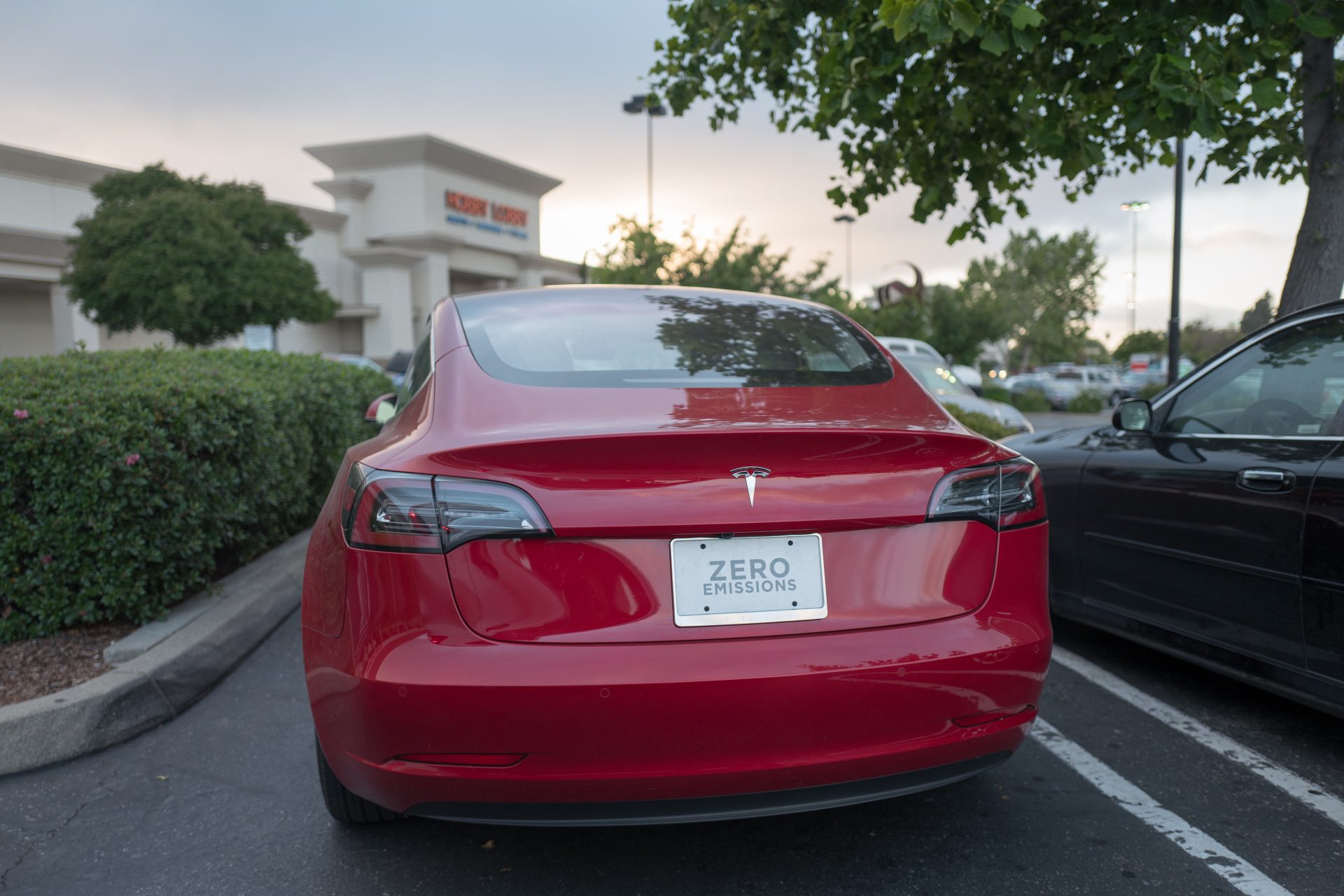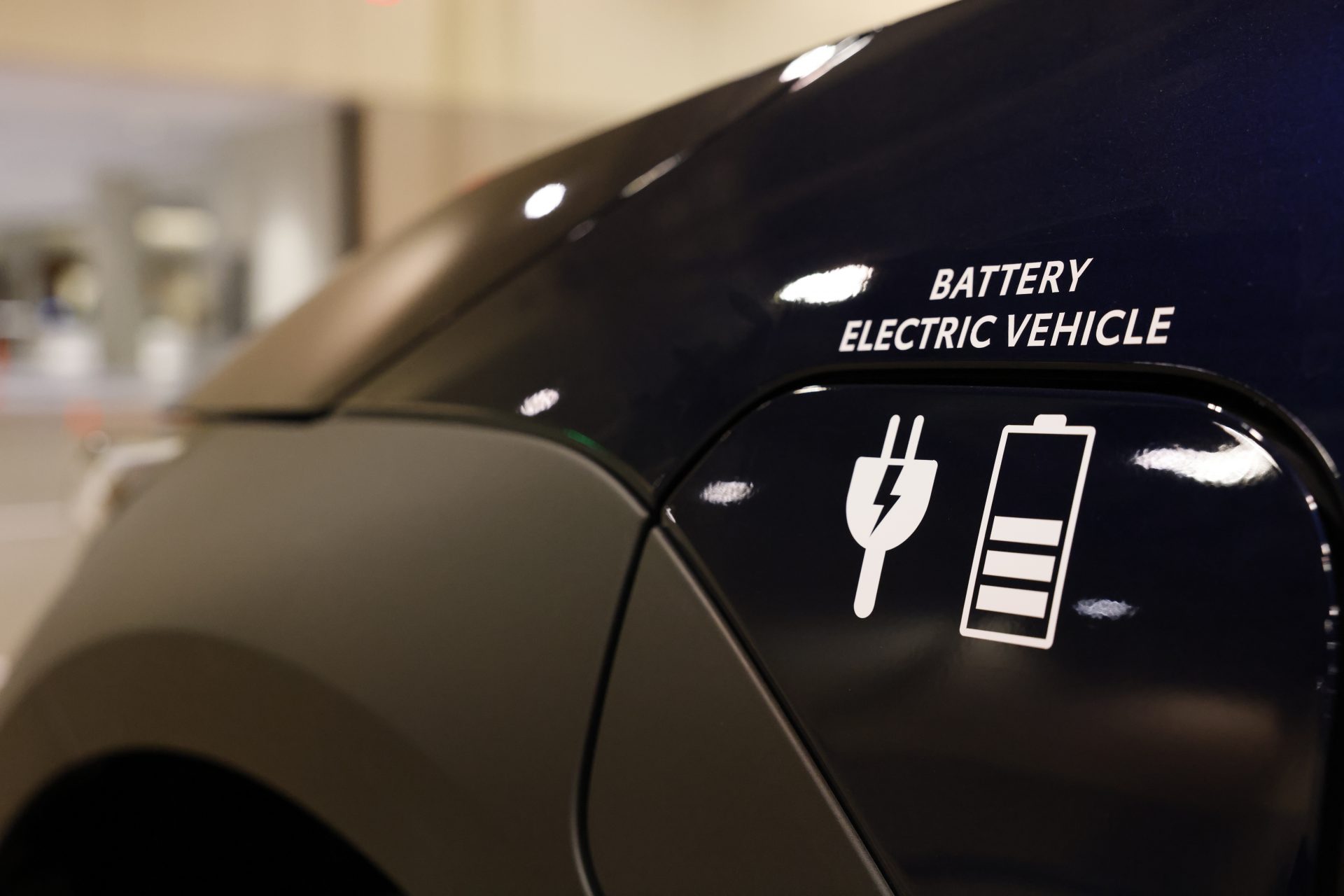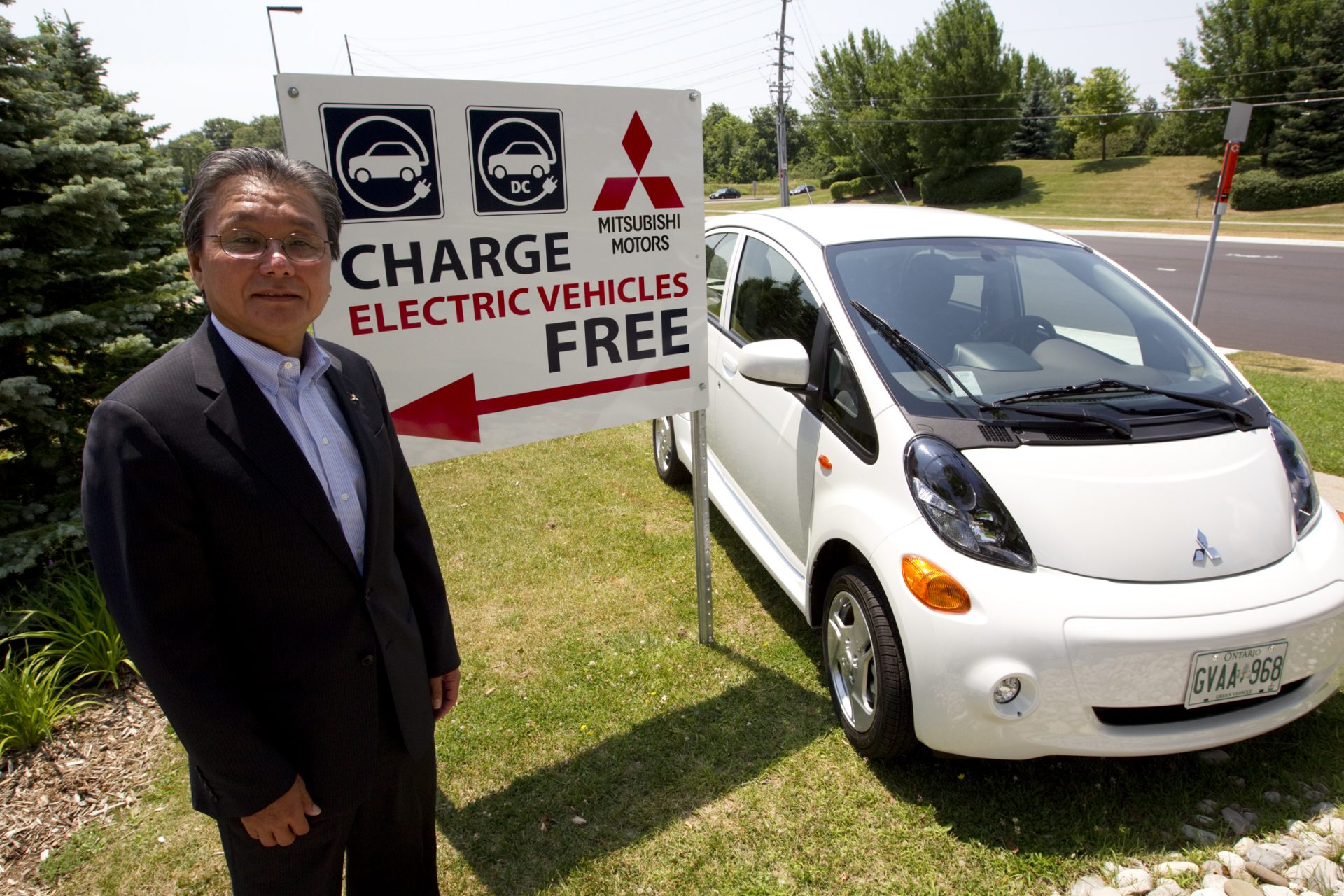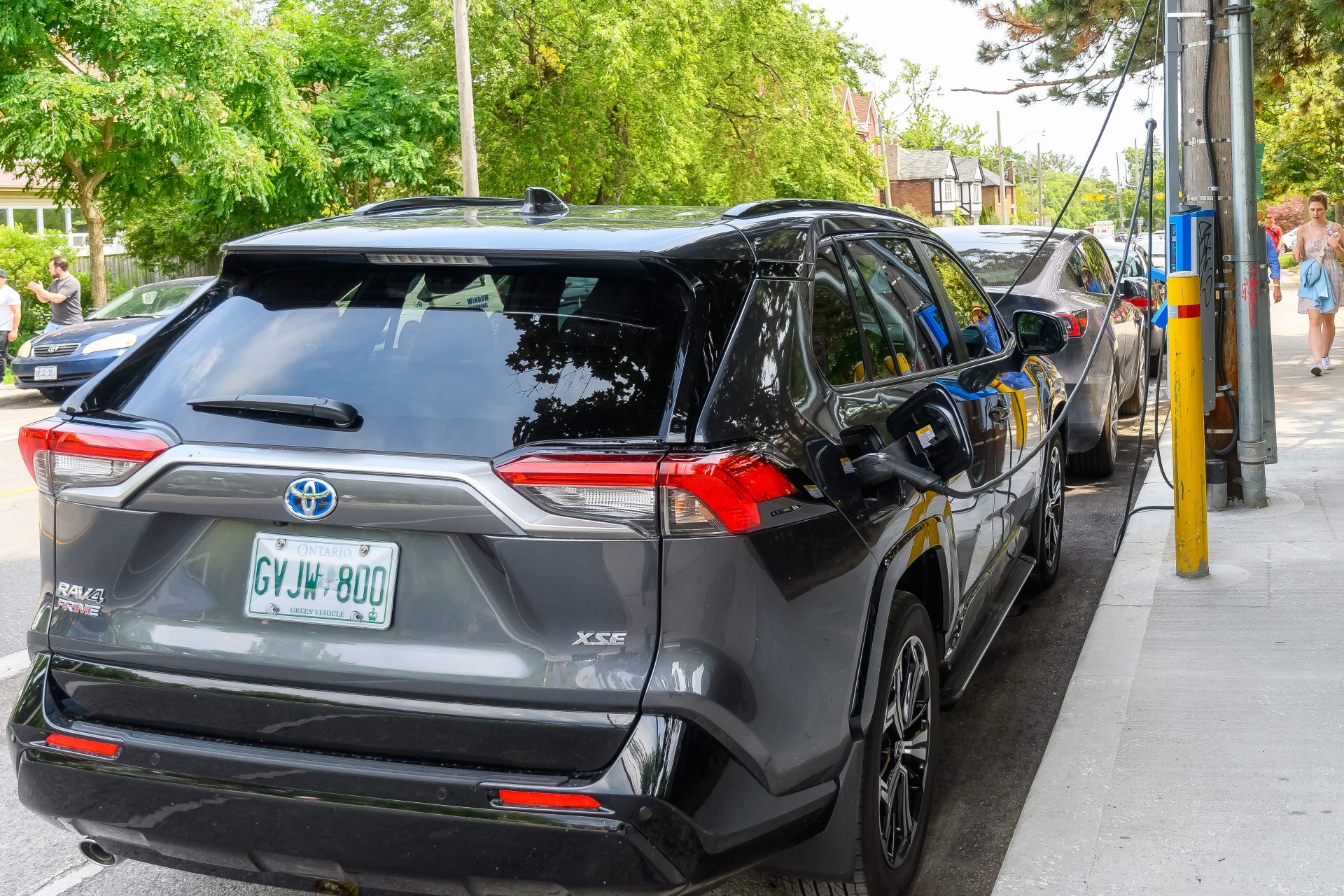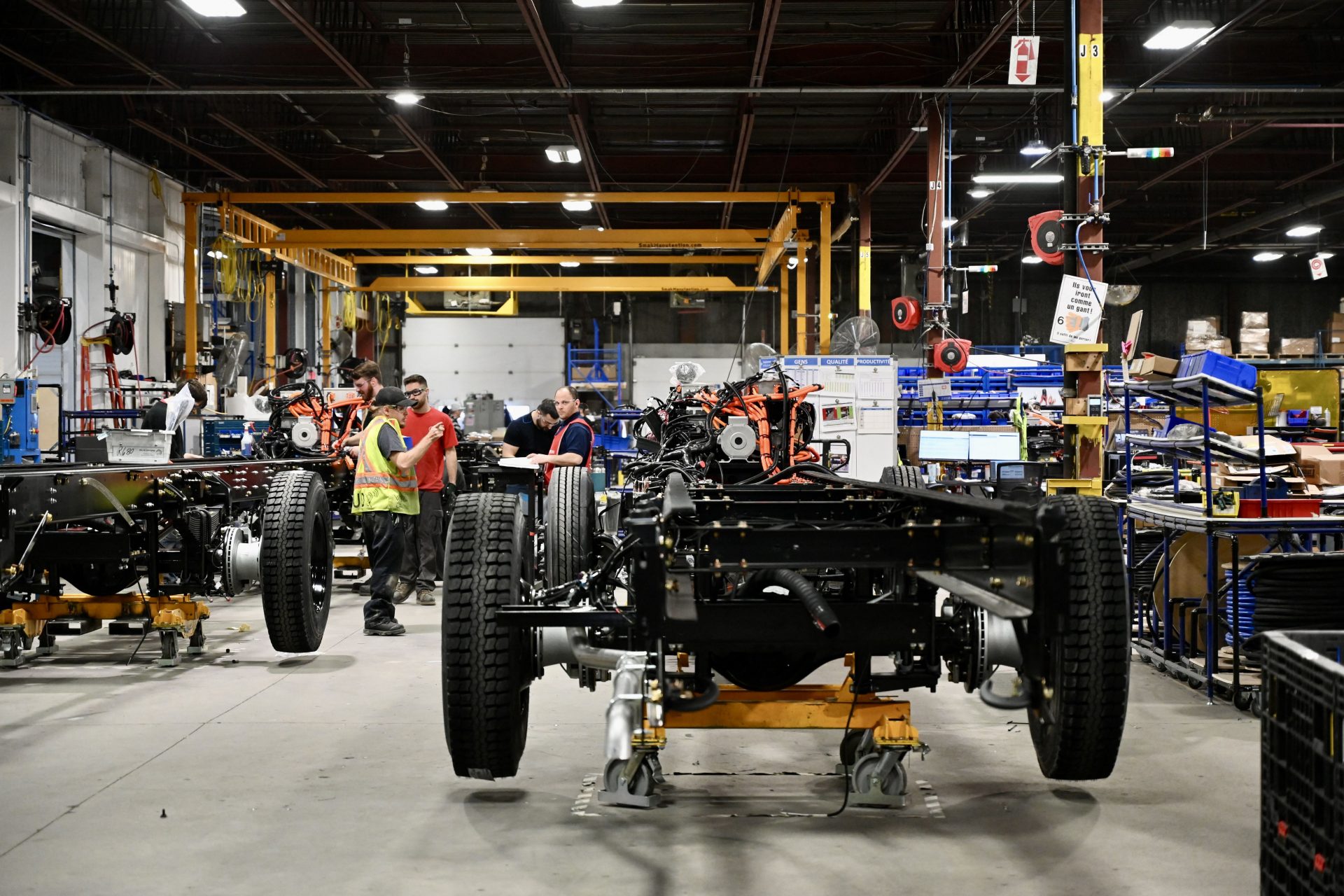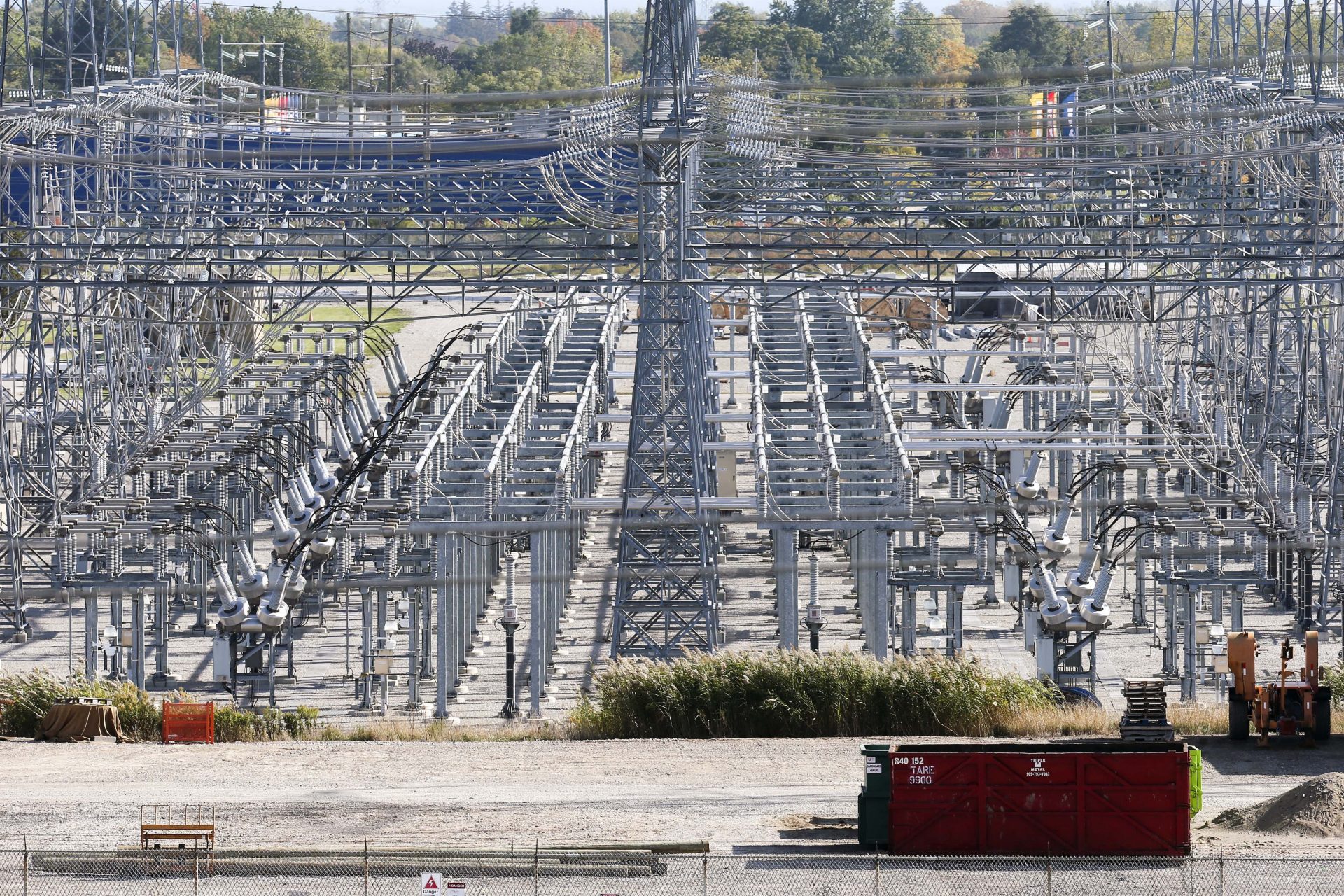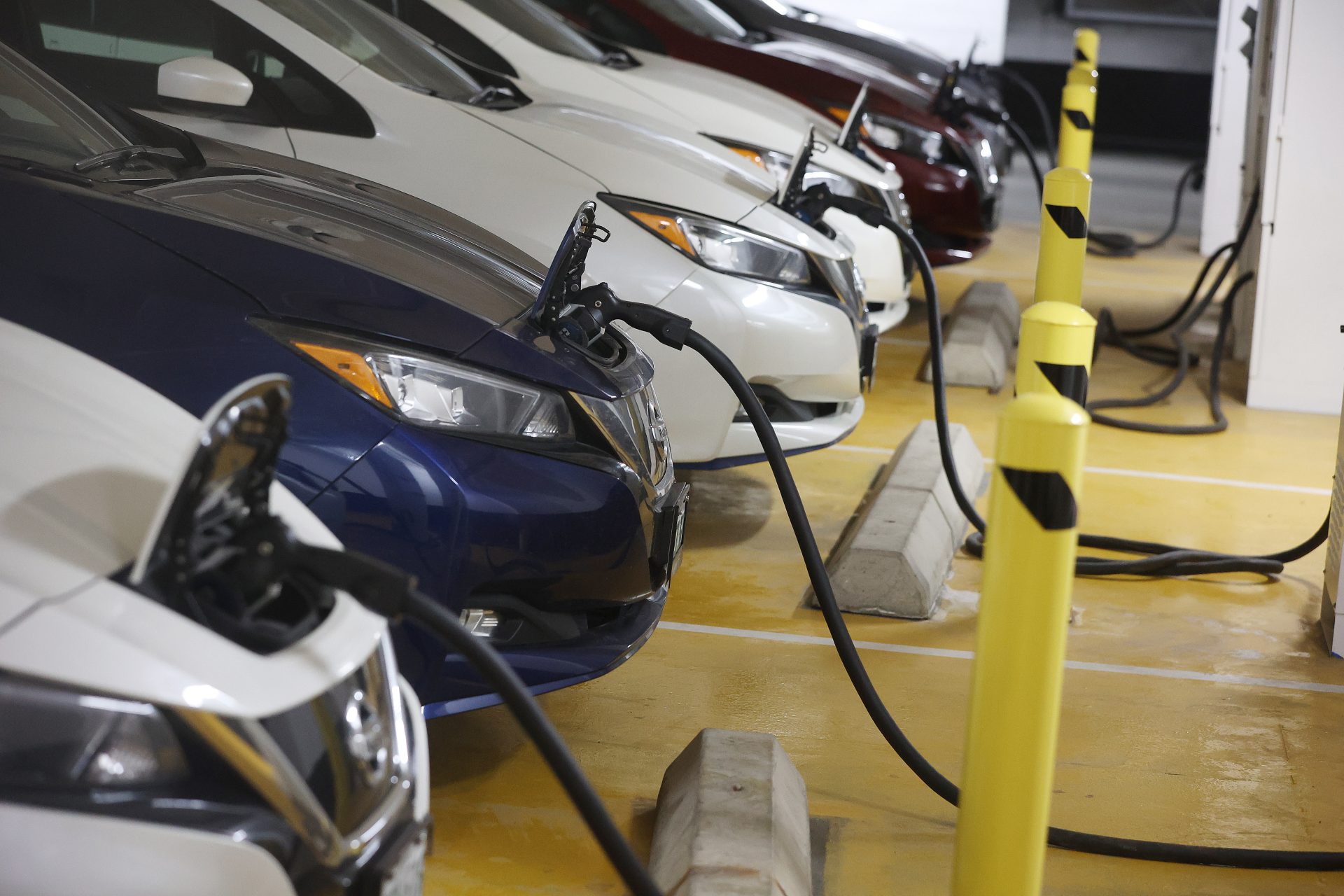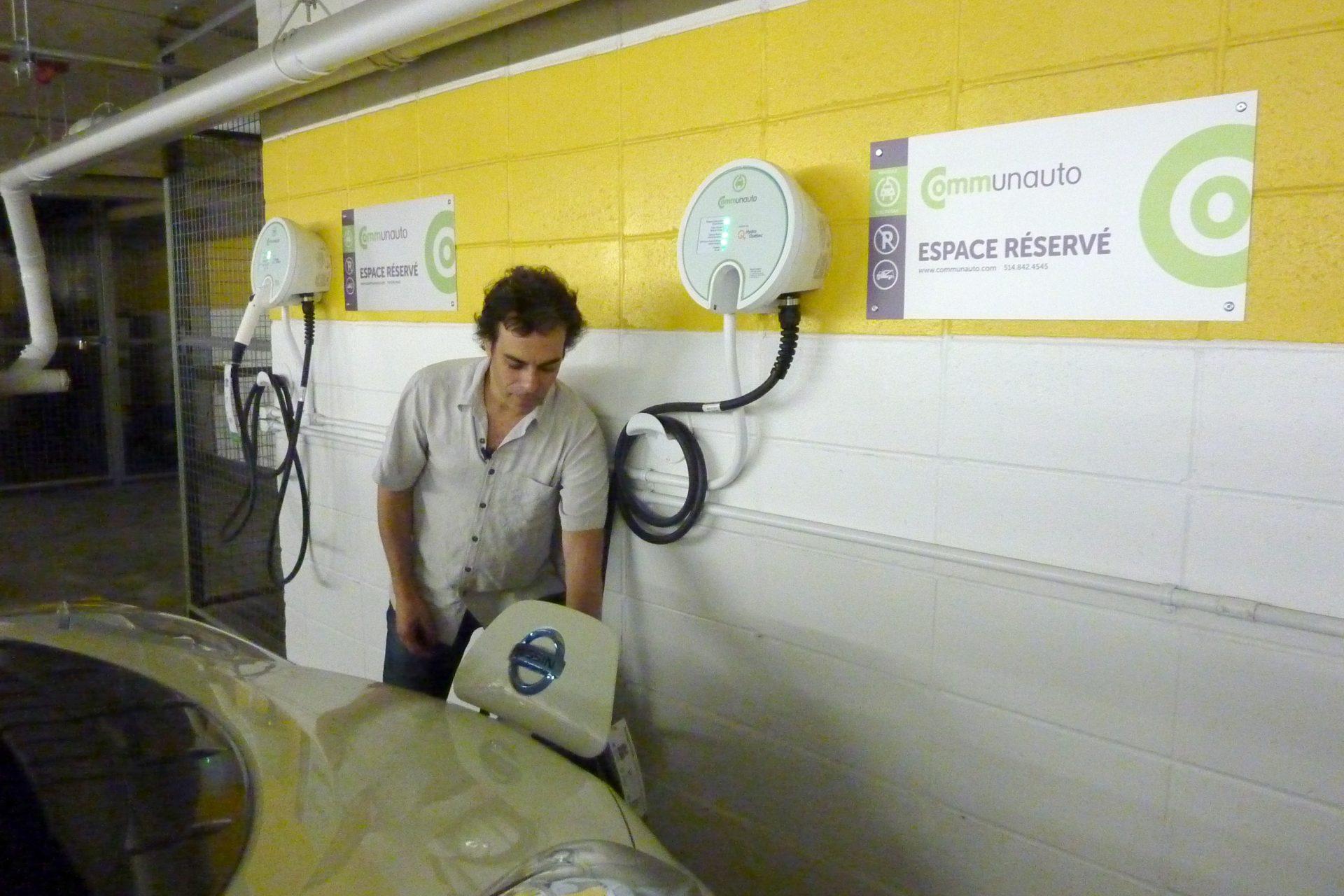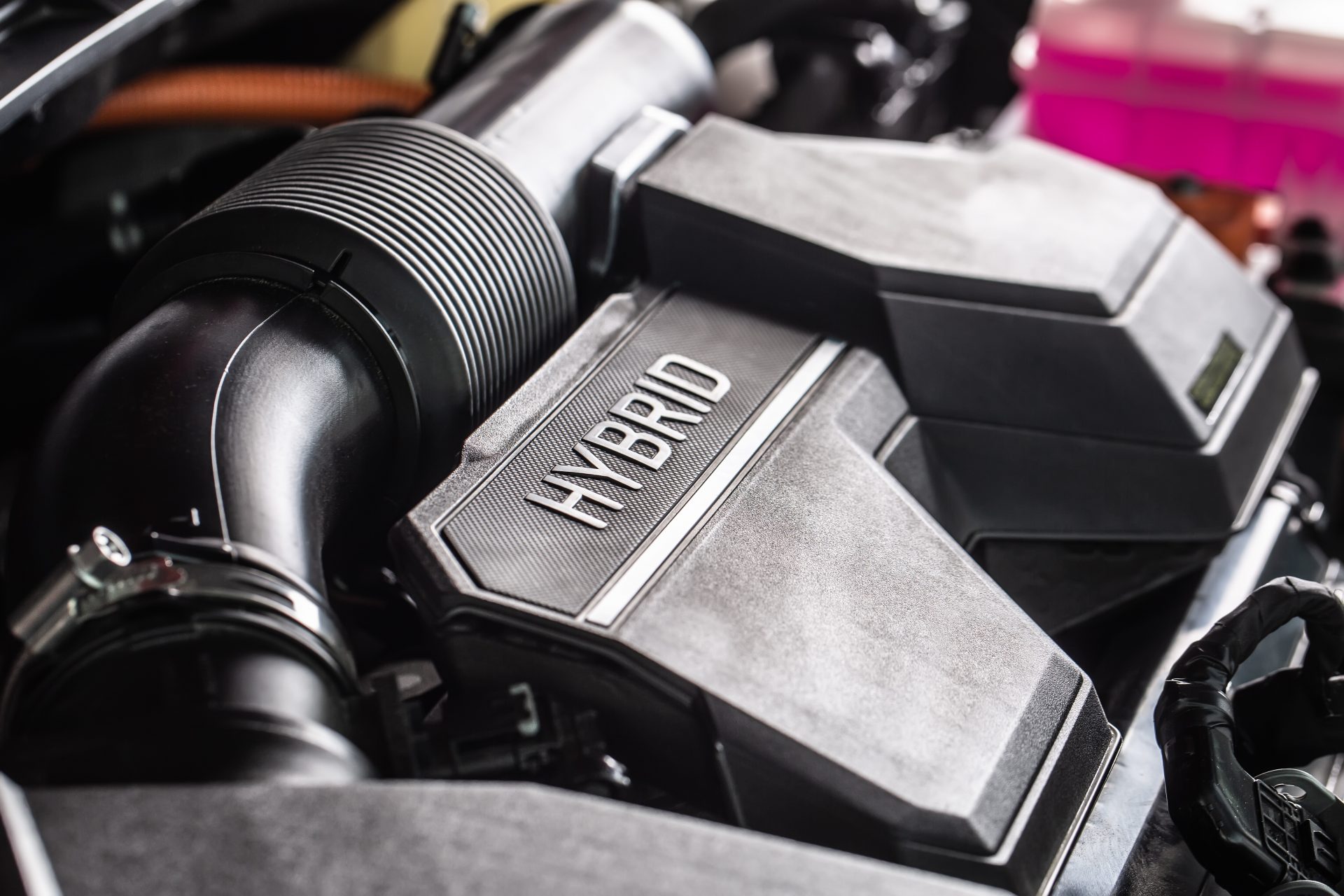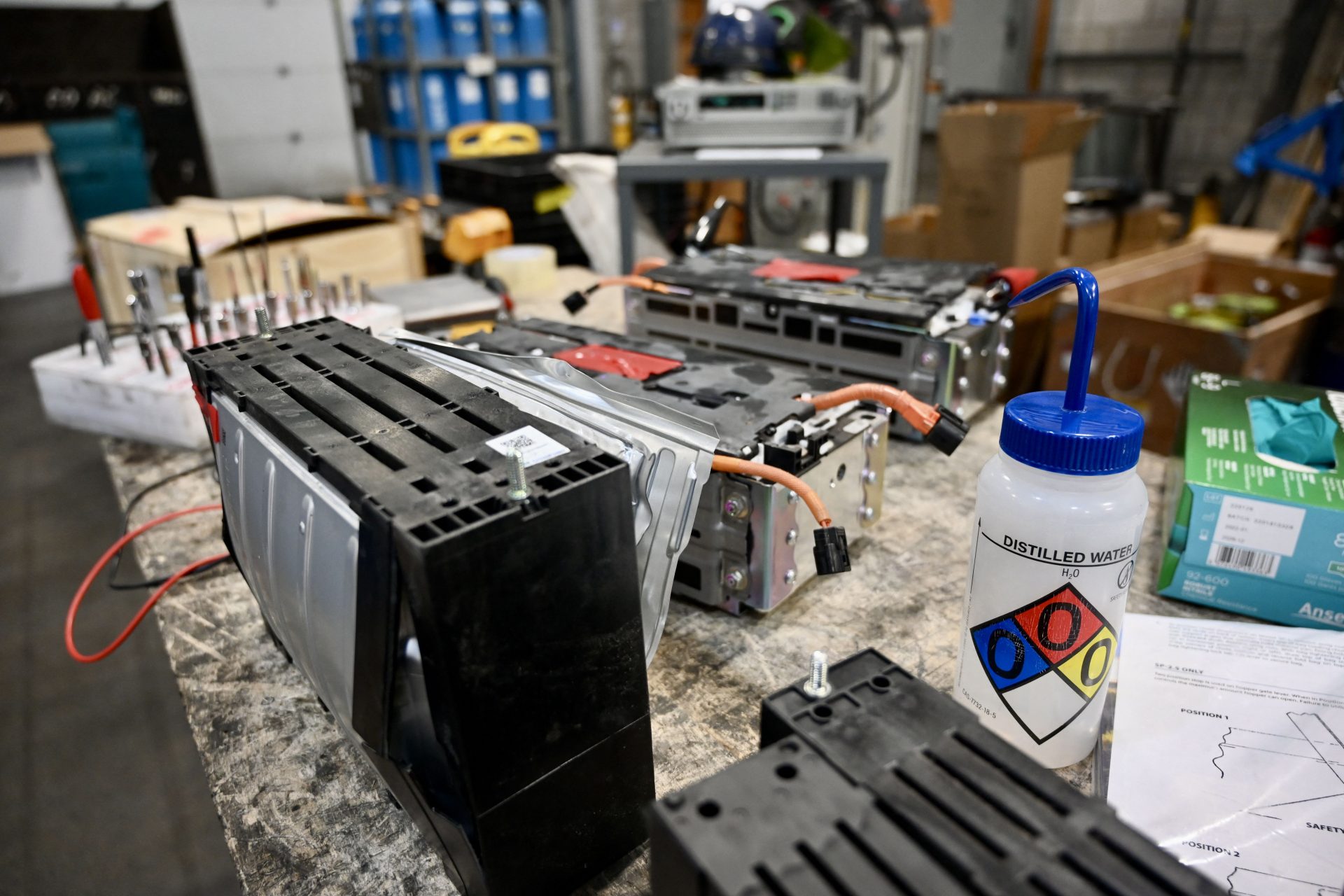Are Canadians ready to embrace electric vehicles?
The Canadian government has decided to crack down on fossil fuel output, a decision that is excellent for our planet and will undoubtedly complicate life for many Canadians.
According to the Electric Vehicle Availability Standard, starting in 2035, all new vehicles for sale will have to be zero-emission. The federal government's plan may make purchasing a new vehicle even more financially prohibitive for Canadians than it already is. But what does this new plan entail? Click on to read all about the details.
On December 19, Steven Guilbeault (pictured), the Environment Minister of Canada, shared the federal government's new plan. According to CBC News, in a statement, he said, "We are at a tipping point," and that all auto manufacturers would need to increase their production of fully electric or hybrid vehicles over the course of the next decade.
By 2026, one-fifth of vehicles sold must be hybrid or fully electric. The Electric Vehicle Availability Standard also stipulates that by 2030, that amount will increase to three-fifths of vehicles sold with the end goal of all only selling zero-emission vehicles by 2035.
While these may seem like lofty goals, Guilbeault said at the Toronto press conference about the issue that "Two provinces are already above the 20 per cent threshold — Quebec and British Columbia," adding that the rest of Canada needs to get "on board" with Canada's electric vehicle plan.
Guilbeault went on to essentially say there are no excuses moving forward: "The federal government is making multi-billion-dollar investments in the EV supply chain (in Ontario). There's no reason the government of Ontario shouldn't do what the government of B.C. is doing, or Nova Scotia, Prince Edward Island and Quebec," in regards to promoting the purchase of electric vehicles.
The Electric Vehicle Availability Standard stipulates that automakers who do not sell enough vehicles under the new legislation will be able to purchase credits worth 20,000 Canadian dollars from other vehicle manufacturers who have surpassed their sales goals. However, automakers will only be able to offset up to 10% of their total compliance in this manner.
The automobile industry is not excited about the Canadian government's plans. As reported by various news outlets, the industry claims that the federal government is not being realistic and says that the higher price tag of electric vehicles combined with a lack of charging infrastructure across the country means that Canada is not prepared to go fully electric.
This plan is the Canadian government's attempt to appease environmental groups and catch up to both the United States and Europe when it comes to swapping out fossil-fueled vehicles for electric. However, in Canada making the swap to fully electric is more complex.
At the moment Canada's electric grid is not up to par to handle a majority of Canadians owning and operating electric vehicles. According to CBC, a Natural Resources Canada report from 2020 stated that electric vehicles could cause the demand on Canada's power grid to increase by 22.6% by 2050.
The report states that this is the equivalent of Ontario's entire 2019 electrical load on the national grid. Canada will have to work quickly over the next ten years to expand the country's power grid.
Canada is a large country and many rural Canadians are worried about how the swap to electric vehicles could affect them, particularly if they frequently need to travel long distances. Will an EV be able to get them where they need to go, and will there be charging stations in their area?
According to Natural Resources Canada, there are 10,425 charging stations and 25,246 charging ports in the country at the moment. However, more is needed if Canada wants to embrace EVs fully.
The CBC reported that Natural Resources Canada "that depending on the availability of home charging, Canada will need between 442,000 and 469,000 public charging ports by 2035." That is a huge investment, and some have doubts about the project being completed in time.
Canadians also face another challenge that is less of a problem in much of the US and Europe: dealing with extreme cold. Extreme cold makes batteries less efficient, which worries many Canadians who deal with temperatures of -20ºC or even -40ºC on a daily basis over the winter.
The federal government promises that plug-in hybrids will continue to be for sale after 2035, so those who have to deal with extreme temperatures and long distances will have options. Furthermore, the Canadian government claims that Norway, which also deals with extreme cold, has not had major issues, and electric vehicles currently dominate sales in the country.
"Advancements in battery technology have improved cold-weather performance and increased the range of many currently available models to over 400 kilometres, representing a substantial improvement from earlier models," the government claimed on December 19 after announcing the plan.
Even so, undoubtedly, this shift to electric vehicles in Canada, while good for the environment, will have many Canadians concerned. However, we can only hope that the government's plan works and Canada can look forward to a greener future.
More for you
Top Stories




